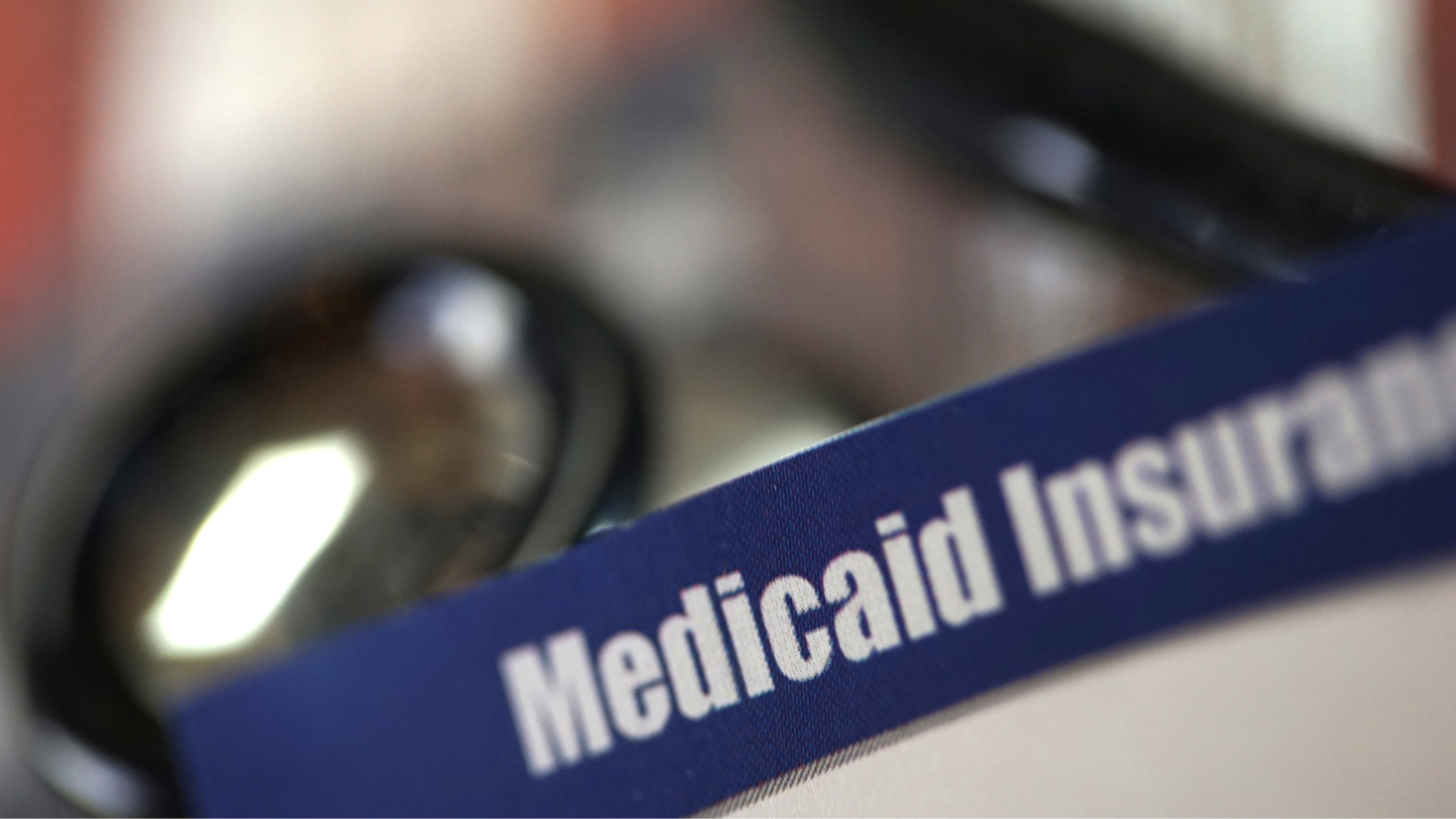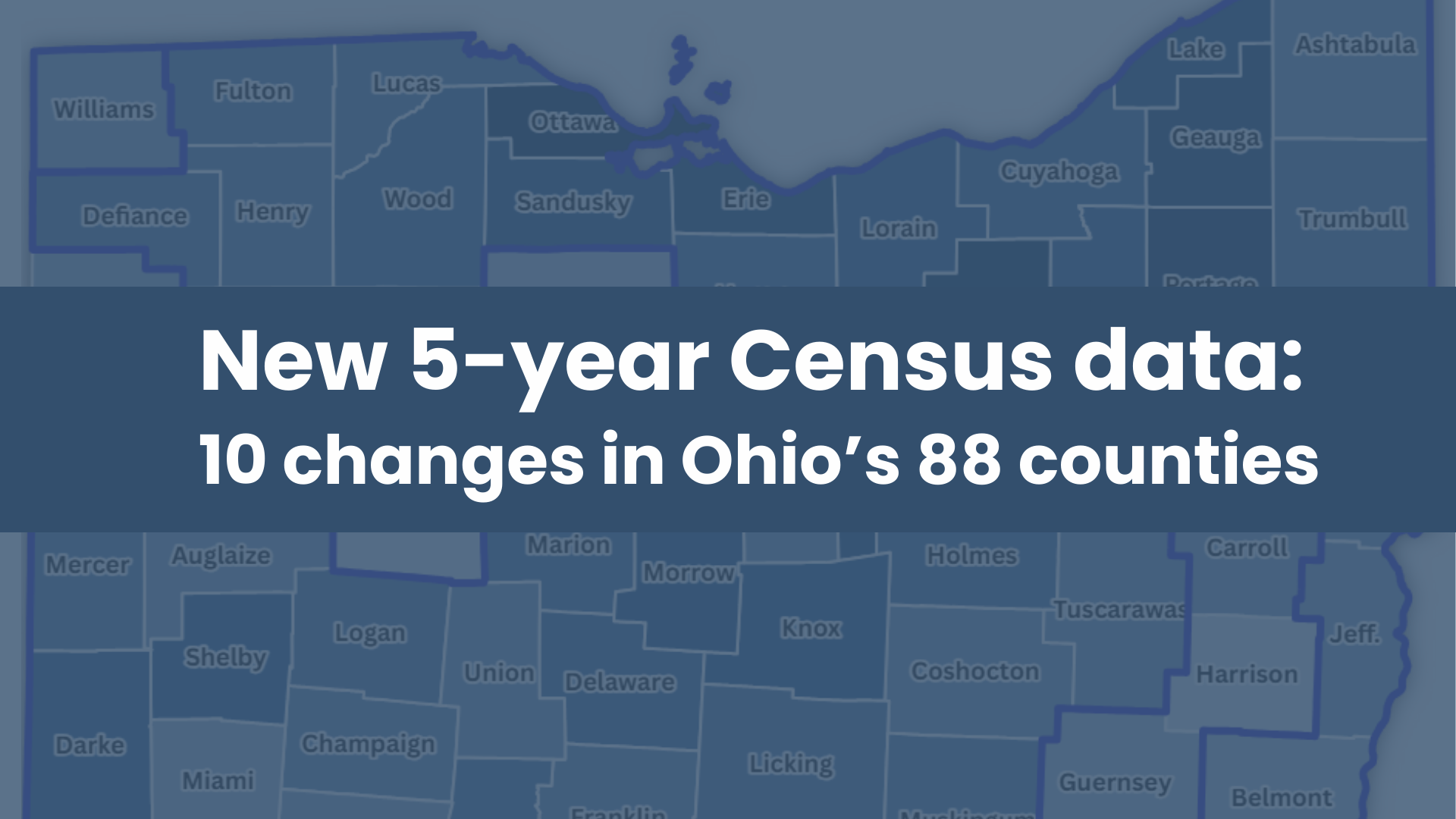Natasha Takyi-Micah has been accepted into the in Families USA’s 2021 Health Equity Academy, where she will be focusing on maternal and child health issues.

The second annual National Maternal Health Innovation Symposium was hosted by the Maternal Health Learning and Innovation Center (MHLIC) August 30-31, 2021. This free symposium focused on understanding maternal health disparities, in particular among Black and brown communities, and evidence-based strategies to reduce them. Anyone was welcome to attend virtually, especially advocates, policy makers, health care administers and public health professionals. There were various workshops and panel discussions that viewers engaged in.
Currently, Ohio is ranked 21st out of 50 states with the highest maternal mortality rate.
One of the many highlighted programs regarding maternal and infant health was the pregnancy medical home (PMH) model. Implemented in 2011 between North Carolina (NC) Medicaid, NC Department of Public Health, and Community Care of North Carolina (CCNC), this patient-centered program helps women who are Medicaid recipients reduce their chances of having low birth weight babies. One of the core components of the PMH model is risk screening, in which providers assess patients’ psychosocial risk factors during their first prenatal visit. Psychosocial risk factors include domestic violence, food insecurity and substance abuse. After the screening, patients are paired with care managers (county health department social workers and nurses) to access community resources and ensure that they get the proper medical care and diagnostics. PMH yielded success. Particularly, CCNC conducted a study on the effectiveness of their program and they realized that pregnant women who had greater face-to-face care management experienced a lower incidence of low birth weight. More information about this program may be found here.
This patient-centered program helps women who are Medicaid recipients reduce their chances of having low birth weight babies.
On day two of the symposium, the session, “Male Engagement to Improve Maternal Health,” included panelists Reade Milner, Calvin Williams, CLC and Charles Daniels Jr ., Ph.D. and facilitator Wesley Bugg, JD. Panelists talked about both their personal and professional experiences in supporting women during the pregnancy and postpartum periods. Williams highlighted that Ohio has a Commission on Fatherhood that implements policy ideas pertaining to infant mortality and other maternal health issues. In fact, Ohio’s commission is one of four in the country. Dr. Daniels highlighted how trauma manifests within the Black community seeking care, citing instances of medical bias, such as the stereotyping of Black women as single mothers and how fathers feel unheard by clinicians within the health care system. This insightful discussion can influence men to positively help solve infant and maternal health issues.
Ohio does not need to reinvent the wheel. We can adopt some best practices and apply techniques that other states have utilized to reduce those rates.
The Symposium offered some key takeaways for Ohioans combatting maternal health challenges. First, it is good to learn how other states leveraged medical home models in reducing the prevalence of infant and maternal mortality. Currently, Ohio is ranked 21st out of 50 states with the highest maternal mortality rate. Ohio’s infant mortality rate was 6.9 per 1,000 live births in 2019. Ohio does not need to reinvent the wheel. We can adopt some best practices and apply techniques that other states have utilized to reduce those rates. Finally, a person does not have to be a maternal health i.e. medical health professional, or a woman, to prevent these problems from happening. Community members, particularly men involved in the lives of mothers and children, can have an impact on this public health issue from individual, organizational and policy levels.
Having benefitted from this year’s National Maternal Health Innovation Symposium, I would encourage anyone to attend next year’s symposium as it is inspirational and uplifting to hear from individuals who are fighting to end maternal health disparities throughout the country and to see how the lessons can be applied in our own civic and personal lives.







